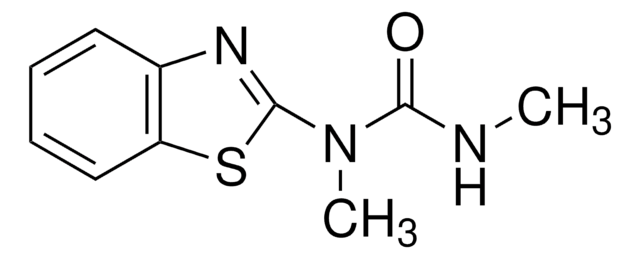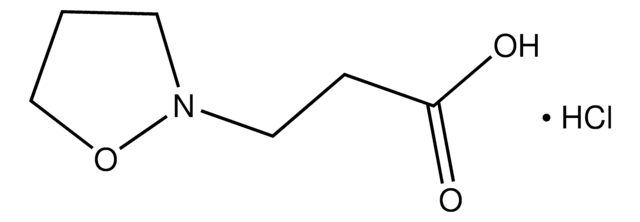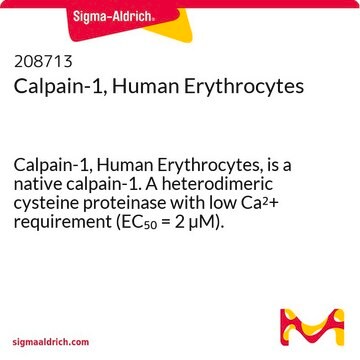H130
R(+)-HA-966
solid
Synonym(s):
R(+)-3-Amino-1-hydroxy-2-pyrrolidinone
About This Item
Recommended Products
form
solid
optical activity
[α]22/D +103°, c = 1 in H2O(lit.)
color
white
solubility
H2O: soluble
SMILES string
N[C@@H]1CCN(O)C1=O
InChI
1S/C4H8N2O2/c5-3-1-2-6(8)4(3)7/h3,8H,1-2,5H2/t3-/m1/s1
InChI key
HCKUBNLZMKAEIN-GSVOUGTGSA-N
Looking for similar products? Visit Product Comparison Guide
Biochem/physiol Actions
Features and Benefits
Storage Class Code
11 - Combustible Solids
WGK
WGK 3
Flash Point(F)
Not applicable
Flash Point(C)
Not applicable
Personal Protective Equipment
Certificates of Analysis (COA)
Search for Certificates of Analysis (COA) by entering the products Lot/Batch Number. Lot and Batch Numbers can be found on a product’s label following the words ‘Lot’ or ‘Batch’.
Already Own This Product?
Find documentation for the products that you have recently purchased in the Document Library.
Our team of scientists has experience in all areas of research including Life Science, Material Science, Chemical Synthesis, Chromatography, Analytical and many others.
Contact Technical Service







